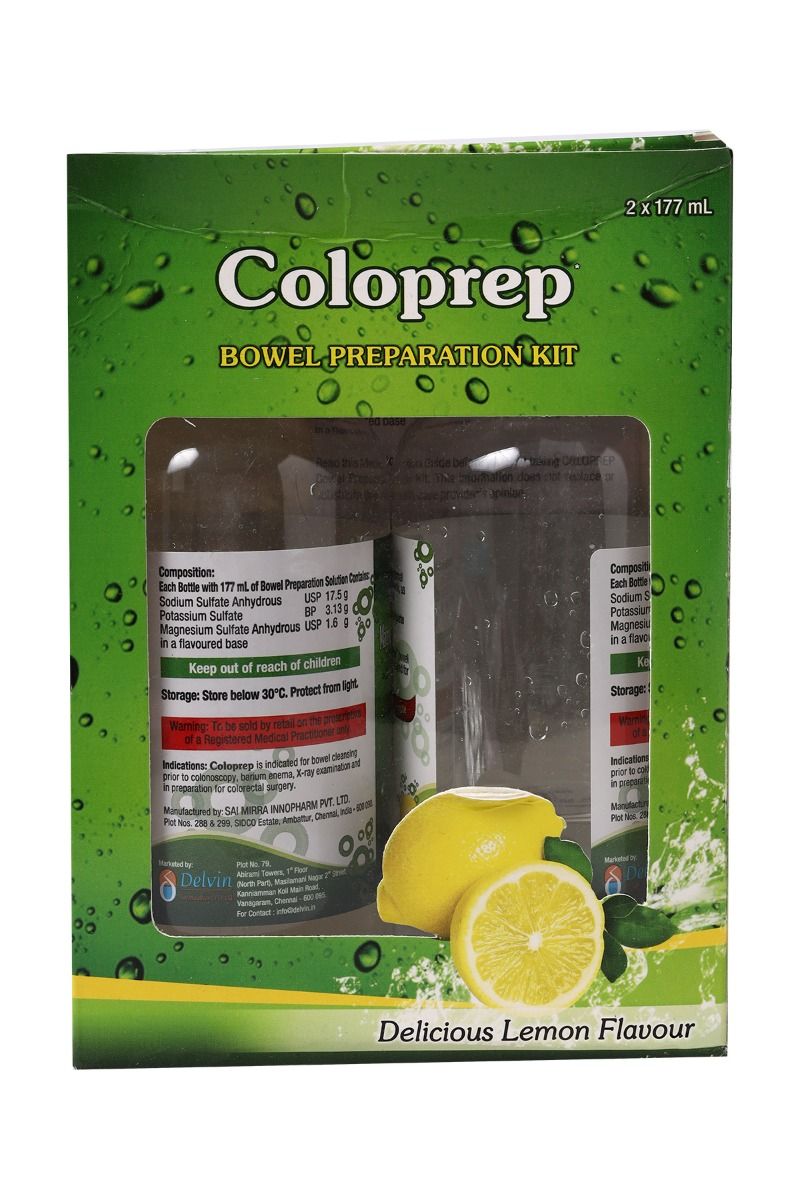Magnesium Sulphate
About Magnesium Sulphate
Magnesium Sulphate is electrolyte replenisher and anticonvulsant used to treat magnesium deficiency and to control and prevent seizures in severe pre-eclampsia and eclampsia. Hypomagnesemia (magnesium deficiency) is a condition in which the magnesium in the blood is lower than normal. Convulsion (seizure) is a sudden, involuntary contraction of muscles that causes uncontrollable shaking or jerking.
Magnesium Sulphate contains magnesium sulphate that works by increasing the amount of magnesium levels in the blood. It also prevents or controls convulsions by blocking neuromuscular transmission and increases the seizure threshold.
Your healthcare professional will administer Magnesium Sulphate. You may experience common side effects such as pain, swelling and redness at the site of application, nausea, vomiting, and drowsiness. Most of these side effects do not require medical attention and will resolve gradually over time. However, you are advised to talk to your doctor if you experience these side effects persistently.
Inform your doctor if you are allergic to any of the components in Magnesium Sulphate. Let your doctor know if you are pregnant, breastfeeding or taking any other medications. Talk to your doctor if you have kidney or liver impairment. Use caution while driving or using machinery as Magnesium Sulphate may cause dizziness and drowsiness.
Uses of Magnesium Sulphate
Medicinal Benefits
Magnesium Sulphate is electrolyte replenisher and anticonvulsant used to treat magnesium deficiency and to control and prevent seizures in severe pre-eclampsia and eclampsia. Magnesium Sulphate works by increasing the amount of magnesium levels in the blood. It also prevents or controls convulsions by blocking neuromuscular transmission and increases the seizure threshold.
Directions for Use
Storage
Side Effects of Magnesium Sulphate
- Pain, swelling and redness at the site of application
- Nausea
- Vomiting
- Drowsiness
Drug Warnings
Inform your doctor if you are allergic to any of the components in Magnesium Sulphate. Consult the doctor if you are pregnant or breastfeeding. Talk to your doctor if you have kidney or liver impairment, heart problems, stomach/intestinal problems, dehydration, or myasthenia gravis (muscle problems). Exercise caution while driving or using machinery as Magnesium Sulphate may cause dizziness and drowsiness. Let the doctor know if you are taking any other medicines.
Drug Interactions
Drug-Drug Interactions: Inform the doctor if you are taking muscle relaxants (vecuronium), calcium channel blockers (nifedipine), diuretics (furosemide), digitalis glycosides (digoxin), opioids (morphine), or antibiotics (gentamicin, streptomycin, kanamycin, neomycin, tobramycin).
Drug-Food Interactions: No interactions found.
Drug-Disease Interactions: Inform the doctor if you have depression, cardiac disease, inflammatory bowel disease, renal dysfunction, myasthenia gravis, or intestinal obstruction disorders.
Drug-Drug Interactions Checker List:
Safety Advice

Alcohol
consult your doctorIt is not known if alcohol affects Magnesium Sulphate. However, avoid consumption of alcohol during treatment with Magnesium Sulphate, as it may increase dizziness and drowsiness.

Pregnancy
safe if prescribedMagnesium Sulphate is used to treat seizures during pregnancy. However, please consult your doctor before receiving Magnesium Sulphate if you are pregnant.

Breast Feeding
cautionPlease consult your doctor if you are breastfeeding or if you are having any concerns regarding this. The doctor will prescribe this medicine if the benefits outweigh the risks.

Driving
cautionMagnesium Sulphate is unlikely to affect the ability to drive and use machines. However, some people may feel dizzy or drowsy after receiving Magnesium Sulphate. If you experience these side effects, do not drive or use machines.

Liver
consult your doctorPlease consult your doctor if you have liver impairment or any concerns regarding this.

Kidney
cautionDose adjustment may be needed. Please consult your doctor if you have kidney impairment.

Children
consult your doctorPlease consult the doctor if you have any concerns regarding the usage of Magnesium Sulphate in children.
Habit Forming
Diet & Lifestyle Advise
- Eat a healthy diet containing magnesium-rich foods like legumes, leafy vegetables, bananas, nuts and seeds.
- Reduce intake of refined sugar.
- Avoid smoking and alcohol consumption.
- Limit the intake of caffeine.
- Practice exercise regularly and maintain a healthy lifestyle.
- Try to get adequate sleep daily.
Patients Concern
Disease/Condition Glossary
Hypomagnesemia: Hypomagnesemia (magnesium deficiency) is a condition where there is a low magnesium in the blood. Symptoms include fatigue, muscle cramps, muscle weakness, numbness, and abnormal eye movements.
Seizures associated with pre-eclampsia and eclampsia: It is a pregnancy complication characterized by the onset of seizures (convulsions) in patients with high blood pressure.
FAQs
Magnesium Sulphate is used to treat magnesium deficiency and to control and prevent seizures in severe pre-eclampsia (serious complication of pregnancy characterized by high blood pressure and protein in your urine) and eclampsia (onset of seizures in pregnant women with pre-eclampsia).
Magnesium Sulphate contains magnesium sulphate that works by increasing the amount of magnesium levels in the blood. It also prevents or controls convulsions by blocking neuromuscular transmission and increases the seizure threshold.
Common side effects of Magnesium Sulphate include pain, swelling and redness at the site of application, nausea, vomiting, and drowsiness. Consult the doctor if the side effects persist or worsen.
Inform the doctor if you have kidney or heart problems, stomach or intestinal disorder, or if you are dehydrated.
Available Medicines for
Magnesium Sulphate

Coloprep Bowel Preparation Kit 177ml Each Delicious Lemon 2's
1 Bottle
₹414 (MRP 460)10%Off
cashback: 0

Colowipe Orange Flavour Bowel Preparation Kit 1's (2 x 177 ml)
1 Box
₹371.3 (MRP 412.5)10%Off
cashback: 0





